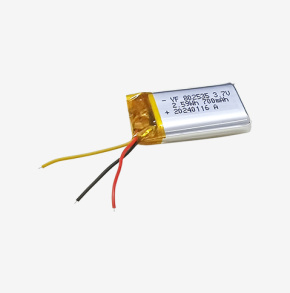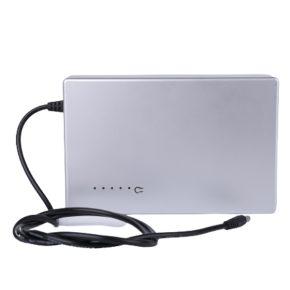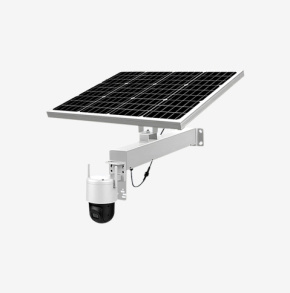Do you know that lithium battery customization will break if it is not charged for a long time?
For many people, they may worry about whether long-term non-charging will cause damage to lithium batteries. So, let's explore this issue.
First of all, long-term non-charging does have a certain impact on lithium battery customization. The main component of lithium battery customization is lithium ion. During use, lithium ion will migrate back and forth between positive and negative electrodes. If the lithium battery is not charged for a long time, the lithium ion will gradually stay in the positive or negative electrode, resulting in the gradual weakening of the chemical reaction inside the battery. In this way, the capacity of the lithium battery will gradually decrease, and the use time of the battery will be shortened accordingly.
However, we need to note that modern lithium batteries are usually equipped with a protection circuit that can automatically cut off the current output when the battery is too low to protect the battery from further damage. Therefore, if you have a lithium battery that has not been used for a long time, don't worry too much that it will break down immediately because it is not charged.
In addition, lithium battery customization also needs to pay attention to storage conditions when it is not used for a long time. The best storage temperature is between minus 20 degrees Celsius and 25 degrees Celsius, while avoiding too high or too low temperatures. In addition, storage in a high temperature environment should be avoided as much as possible to avoid damage to battery performance.
To sum up, the impact of long-term non-charging on lithium batteries has a certain existence, but modern lithium batteries have a protection mechanism and will not be damaged immediately. If you have a lithium battery that has not been used for a long time, it is recommended to charge it in time and pay attention to the appropriate storage conditions to ensure the performance and life of the battery.
Please note that the above information is general and may vary depending on the brand, model and quality of the lithium battery. For more accurate suggestions, it is recommended to refer to the relevant instructions of the lithium battery or consult the relevant professionals.


